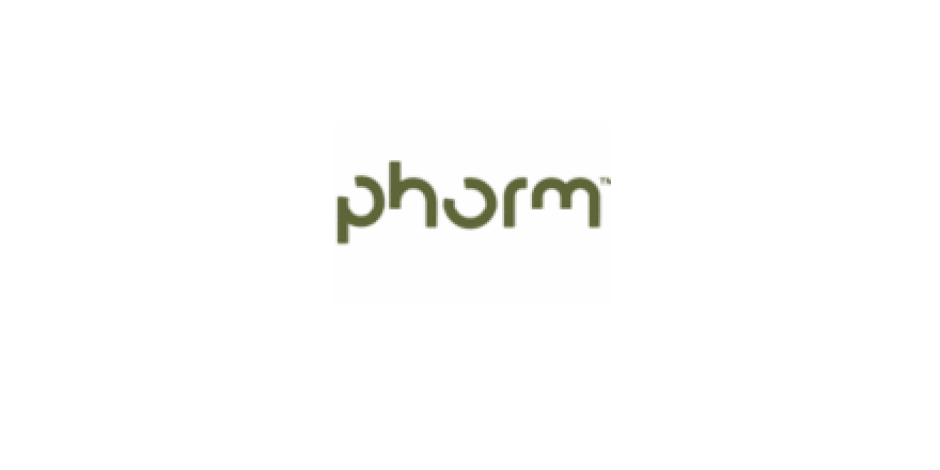The arguments around Phorm’s Turkey operation entered a new phase after the famous tech blogger Serdar Kuzuloğlu published the entry “Answers to Questions on Phorm”TR on his personal blog following a similar article in RadikalTR. CHP Mersin Deputy Ali Rıza Öztürk submitted a written question to the speaker’s office this week; and Alternatif BilişimTR—the society that been running the awareness campaign enPHORMasyon—filed a criminal complaint on October 17.
Below is the complete Turkish text of the criminal complaint Alternatif Bilişim penned, which clearly outlines all activities of Phorm the society deems to be against the law. The society notes that prior research by American NGOs concluded that Phorm has the technical capacity to match the data it claims to collect anonymously with the identities of its users, which allows the partner organizations to categorize individuals based on religious, ethnic, political, ethical, sexual, and syndicate background. This is against the Turkish Penal Code (TCK) clause 135, even when the users in question submit the information willingly.
Alternatif Bilişim’s complaint underlines that, according to the latest amendment to the bylaw 20 of the Turkish Constitution, personal data can only be collected upon expresses consent, and everyone has the right to access the data collected on them and to learn in what manner that data is going to be used. Any system similar to Phorm would also violate TCK clause 132 on the privacy of communication and clause 134 on the right of privacy.
Alternatif Bilişim’s criminal complaint has alerted other NGOs to follow suit, and the rumors of follow-up complaints are abound.
Alternatif Bilisim Dernegi Suc Duyurusu
Meanwhile, Phorm entered the parliamentary agenda this week through a written question CHP Mersin Deputy Ali Rıza Öztürk submitted through the speaker’s office to the Minister of Transport, Maritime Affairs and Communications Binalı Yıldırım. “What is Phorm–a company that was first driven out of USA because of its activities, then the UK by the EU, then, upon entering to South Korea was unable to engage in any activities—is active in Turkey?” asked Öztürk, and questioned whether Phorm’s activities in Turkey pose a threat to national security.
These are some of the issues raised by the parliamentary question, according to HaberXTR:
- Prestigious antivirus companies like F-Secure and Symantec categorize Phorm’s products (Apropos, Webwise) as malware. Tim Berners-Lee , the inventor of the world wide web, condemned the company by saying that he would change his internet provider if it introduced such a system. How can you let Phorm operate in Turkey?
- Are there any studies by your ministry to determine how Phorm will utilize the data it collects? If so, what are they?
- Do you have any plans to regulate Phorm’s activities with regards to the privacy of private information in Turkey, considering the company’s controversial track record of legal troubles.
- Who will be responsible for the damages caused by a dark and centralized company’s infractions to the right of privacy and the privacy of communication, which violates the decentralized, democratic, and unbiased nature of the web?
Recently, Phorm was the main topic of Erkan Saka’s “Sosyal Kafa” on BJK TV, which aired on September 24 . Gökhan Ahi, Melih Kırlıdoğ and Ali Rıza Keleş discussed the nature and the risks of Phorm. The episode, which can be seen in its entirety below in Turkish, was published on Sosyal Kafa’s YouTube channel last week.
Another recent resource on Phorm is lawyer Gökhan Ahi’s article in Digital AgeTR titled “Not Everything is so Phormal.” Ahi argued that Phorm’s innocence should be questioned, and Turkey’s major ISP TTNET with 90% penetration would be committing a crime if it records data in such a fashion. Other bloggers, like A. Murat Eren, are speaking upTR too.
This article by Bahadır Atasoy, originally published in sosyalmedya.co in Turkish, is adapted into English by Süleyman Okan.


Yorumlar (0)
Yorum yazabilmek için oturum açmanız gerekir.